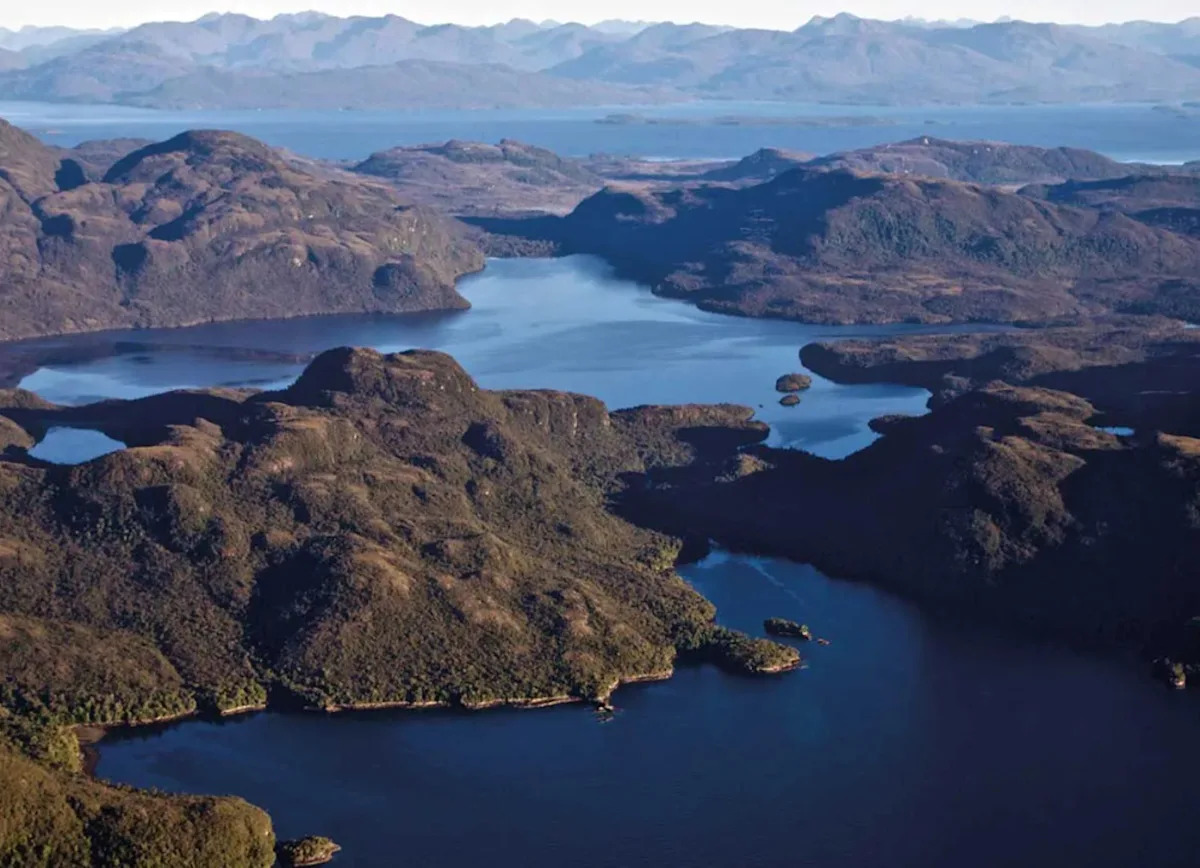Home / Environment / Billionaires Reverse Privatization, Restore Biodiversity in Unprecedented Land Gift
Billionaires Reverse Privatization, Restore Biodiversity in Unprecedented Land Gift
13 Nov
Summary
- Wealthy couple donated $345 million to create/expand 6 national parks in Chile and Argentina
- Largest private land donation in history, conserving 14.7 million acres of land and 30 million marine acres
- Efforts to rewild threatened species like Huemul deer, Andean condor, and giant anteaters

As of November 13, 2025, a remarkable story has emerged about a wealthy couple who have used their resources to protect the environment on an unprecedented scale. Kris Tompkins, former CEO of Patagonia, and her late husband Doug Tompkins, co-founder of The North Face and Esprit, have donated over $345 million to create and expand national parks in Chile and Argentina.
This donation, completed in 2019, constitutes the largest private land donation in history, conserving a total of 14.7 million acres of land and 30 million marine acres. Through their organization Tompkins Conservation, the couple has not only protected this vast swath of South American wilderness, but also led efforts to rewild threatened species like the Huemul deer, Andean condor, and giant anteaters.
Kris Tompkins emphasized that simply protecting the land was not enough - it was crucial to also restore the native wildlife that had been displaced. "Landscape without wildlife is just scenery," she said. "We consider the extinction crisis the mother of all crises that must be addressed." The rewilding efforts marked the first time macaws and anteaters had ever been reintroduced to their natural habitats.
In a time when the world's wealthiest individuals are often criticized for hoarding resources, the Tompkins' actions stand out as a shining example of how the ultra-rich can use their wealth to make a profound and lasting impact on the environment. As Kris Tompkins put it, their work represented "a kind of capitalist jujitsu move" - deploying private wealth to protect nature from the ravages of the global economy.




